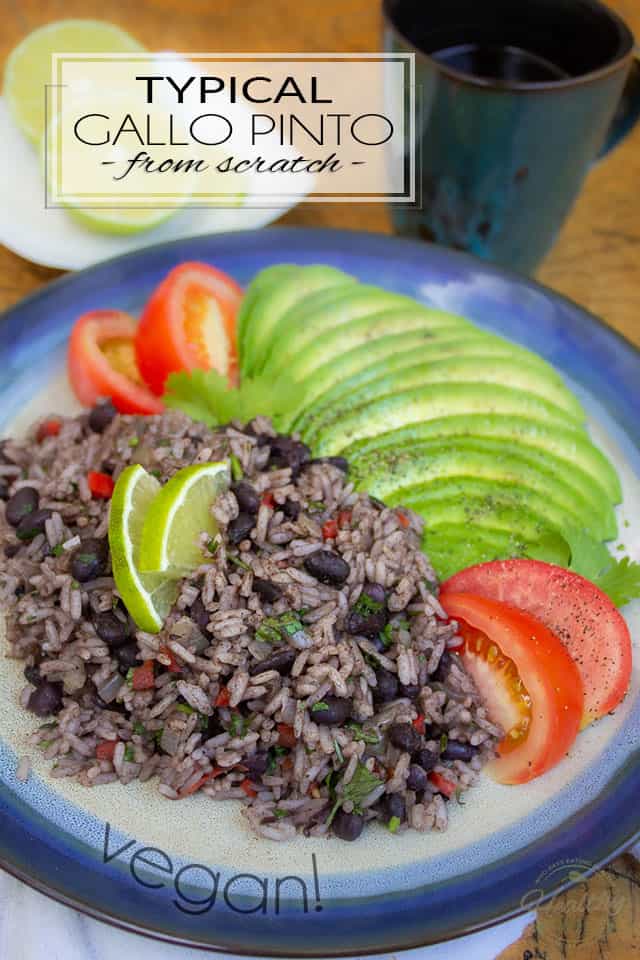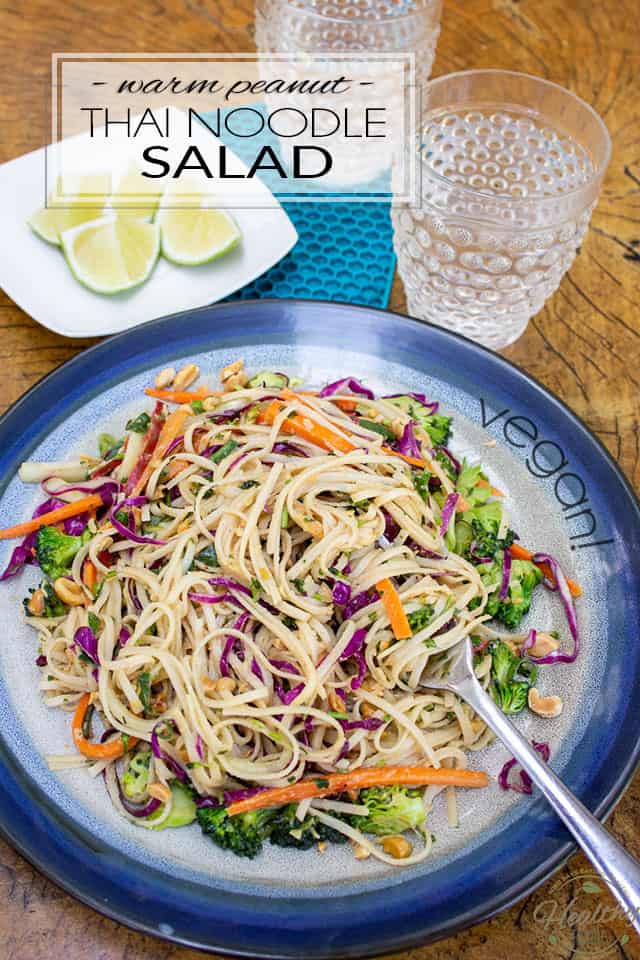Noom combines an app with human coaching to help people lose weight and keep it off. The company’s typical user loses 7.5% of body weight over the course of a four month program. Customers are joining like crazy, and revenue quadrupled last year.
After hearing about Noom on NPR late last year I signed up, paying $44.99 per month. To put it in perspective, that’s almost twice what I pay for my gym. Plus, my health insurer, Blue Cross Blue Shield of Massachusetts actually reimburses me for three months of gym membership.
And that got me thinking, if Blue Cross pays for me to stay fit at the gym, maybe they would pay for my weight loss program as well. After all, trimmer people cost insurers less money. So I called Blue Cross and they told me they actually do cover weight loss plans, the same way they cover gym memberships.
Once I found out about the benefit, it was incredibly simple to get reimbursed. I typed in some basic information online, uploaded my Noom receipt –and today I received a check for the full amount of my Noom membership. No co-pays, no deductibles, no negotiated discount!

It wasn’t easy to find, though, so I’m writing this post to give others a heads up. Here’s where I had to go on the Blue Cross site to find the benefit:
- Login> My plans> Plan Details> Plan Benefits> Benefit Details> Routine Adult Physical Exams Covered By Your Plan

Buried at the bottom of a run-on paragraph with no line breaks, I found the following run-on section with weird punctuation and a typo:
Weight Loss Benefit – you and your covered family members can be reimbursed for up to 3 months of participation fees paid to a weight loss program that is hospital-based; or one that is non-hospital-based program focused on eating and physical activity habits, and behavioral/lifestyle counseling with certified health professionals (in-person, by phone, or online). You can request this reimbursement once each calendar year; requests must be submitted by March 31 of the following year.
Bingo! (Although can someone explain why on earth this would be in the physical exams benefit?)
Noom isn’t specifically mentioned, but when I called Blue Cross they assured me the company was on the list. They also told me my call was being recorded in case I was denied and wanted to complain later! That was comforting.
Anyway, the moral of this story is to check with your health plan to see if they’ll pay for Noom. You might be pleasantly surprised. And who couldn’t use a little break during these tough financial times?
By healthcare business consultant David E. Williams, president of Health Business Group.
The post How to get Noom for free appeared first on Health Business Group.
* This article was originally published here







